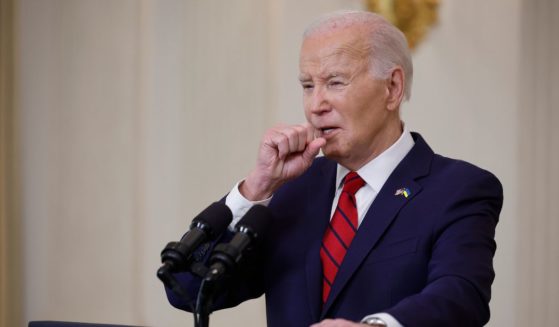Utility will remove coal ash from pits near Tennessee river
NASHVILLE, Tenn. (AP) — The nation’s largest public utility on Thursday agreed to dig up and remove about 12 million cubic yards (9.2 million cubic meters) of coal ash from unlined pits at a Tennessee coal-burning power plant.
Prompted by two environmental groups, the state sued the Tennessee Valley Authority in 2015 over pollution from coal ash dumps at the Gallatin Fossil Plant. According to court filings, pollutants leach from the ash into the groundwater and then enter the Cumberland River, a source of drinking water for Nashville.
The cleanup is expected to cost about $640 million and be finished by the year 2040.
The Tennessee Department of Environment and Conservation and the environmental groups announced a settlement with TVA on Thursday. The utility has agreed to excavate the majority of the coal ash stored at Gallatin and recycle it or remove it to a lined, permitted landfill. It will also develop a plan for dealing with pollution from about 2.3 million cubic yards (1.7 million cubic meters) of ash remaining on site.
TVA, which provides power to more than 10 million people in parts of seven Southern states, has recently come under increased scrutiny for its handling of coal ash, the byproduct of burning coal for power.
Speaking at the Gallatin plant on Thursday, TVA President and CEO Jeff Lyash said the utility is committed to the safe handling and storage of coal ash at its plants in Tennessee, Kentucky and Alabama. But he said other old, unlined ash pits may be capped and left in place if the utility determines it is safe to do so.
The Environmental Protection Agency began working to regulate coal ash after an impoundment failed at another TVA plant in Kingston, spilling 5.4 million cubic yards (4.1 million cubic meters) of ash into the Emory River and surrounding community. The EPA released regulations in 2015 that treat coal ash more like household garbage than a hazardous material.
But since then, workers involved in cleaning up the spill have sued the contractor that TVA hired to manage the job, saying chronic exposure to the ash sickened and even killed some workers. The parties have been ordered by the judge to try to mediate a settlement.
TVA has said it is dewatering its coal ash dumps to help prevent leaching, but the utility has resisted calls to remove all ash to lined landfills.
The settlement over the Gallatin ash is subject to a 30-day public comment period and the approval of the judge overseeing the case.
Gary Weatherford is president of the Tennessee Scenic Rivers Association, one of the groups that pushed the state to act at the Gallatin plant. He said in a statement that the settlement is an example of the difference that citizen advocates can make in protecting waterways.
“We intend to continue to hold TVA responsible as it pursues the appropriate actions needed to safely remove this pollution, and we hope that others will join us as citizen watchdogs,” he said.
__
This story has been edited to correct the spelling of leach.
The Western Journal has not reviewed this Associated Press story prior to publication. Therefore, it may contain editorial bias or may in some other way not meet our normal editorial standards. It is provided to our readers as a service from The Western Journal.
Truth and Accuracy
We are committed to truth and accuracy in all of our journalism. Read our editorial standards.












